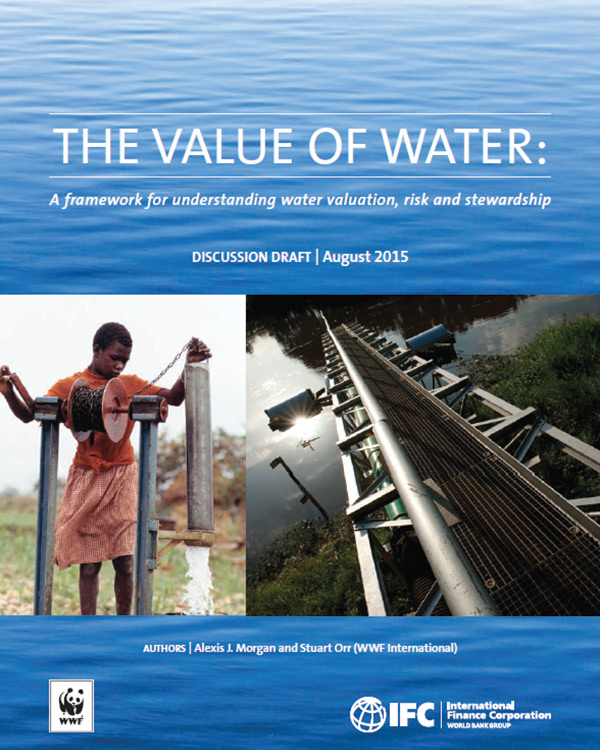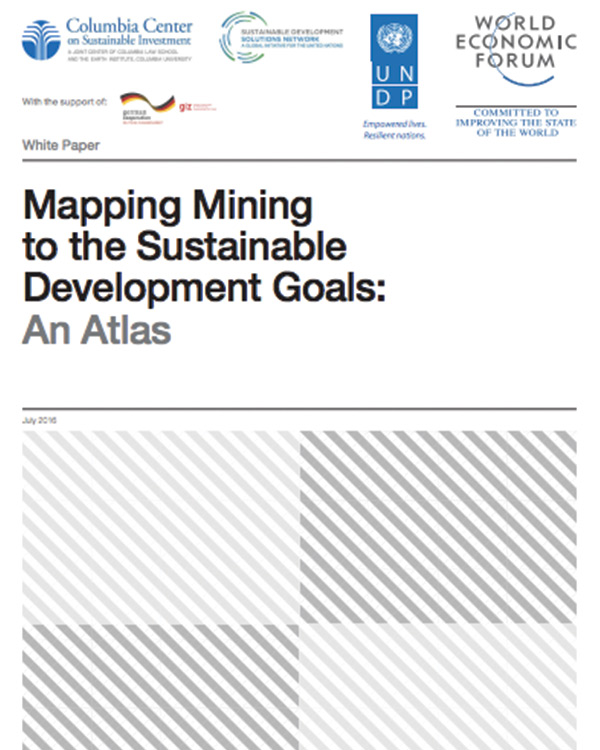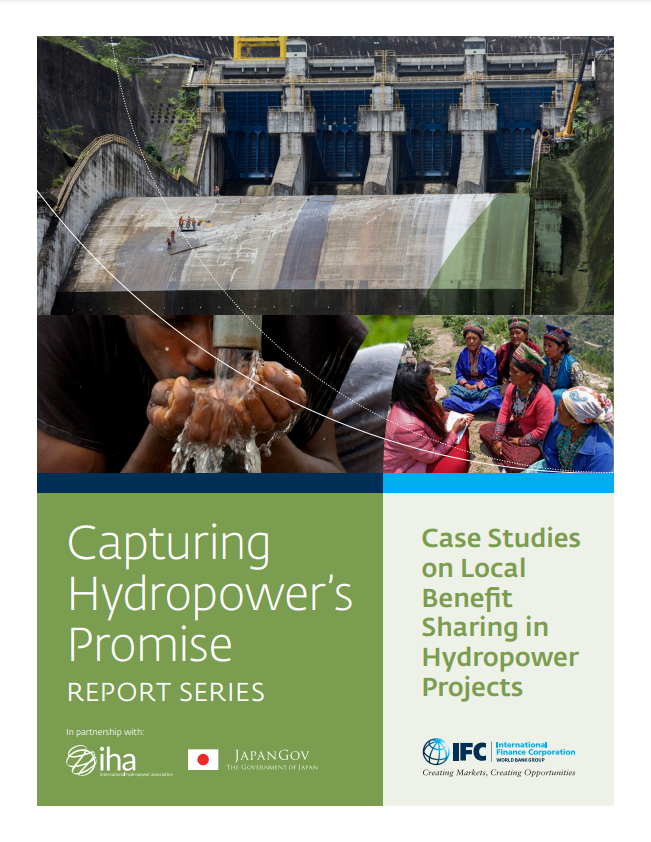Publication
Apr 23, 2014
International Council on Mining and Metals
ICMM’s Water stewardship framework outlines a common industry approach for what is a complex and locally-defined issue.
Water is one of the most significant issues facing the mining and metals industry and is a critical resource not only for all our members’ operations but also for other industries, communities and the natural environment. Water stewardship requires a management approach based on finding solutions that work for the business and those other water users.
Share
-
Share on Facebook
Share on Facebook
-
Share on Twitter
Share on Twitter
- Share on Linkedin
- Share by Mail
Topics
Related Content
Associated Sites
- IFC
- IFC Sustainable Infrastructure Advisory
- IFC Infrastructure
- IFC Oil, Gas and Mining
- IFC Performance Standards
- IFC Sustainability
- IFC Telecoms, Media, and Technology
- IFC Financial Valuation Tool
- PPP Knowledge Lab
- World Bank Open Data
- World Bank Extractive Industries
- GOXI Sharing in Governance of Extractive Industries
![[Draft for Public Comment] Mapping the Oil and Gas Industry to the Sustainable Development Goals: An Atlas [Draft for Public Comment] Mapping the Oil and Gas Industry to the Sustainable Development Goals: An Atlas](https://commdev.org/wp-content/uploads/2019/04/pub-cover-draft-for-public-comment-mapping-the-oil-and-gas-industry-to-the-sustainable-development-goals-an-atlas.jpg)


